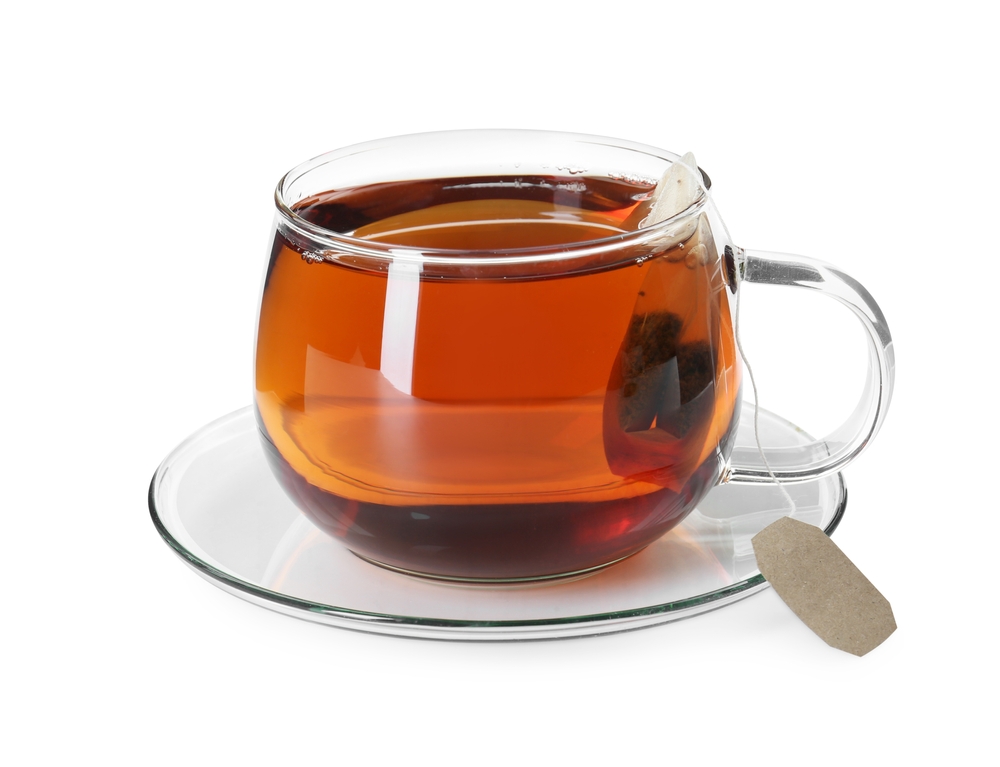Overview:
Manufactured in USA claim “teas” off class of California consumers. How did the court rule in this false advertising case?
Tea Battle Brewing
Bigelow is a popular tea producer that sells over 50 brands of tea manufactured in the United States, with reported sales annually of roughly 188 million. One of its most popular brands is Constant Comment, a blend developed by interior designer Ruth Bigelow in 1945 from an old colonial recipe. However, its manufacturing in the United States has not necessarily been constant.
In 2020, a proposed class of consumers filed a lawsuit alleging that the company falsely represented that it manufactured its products in America. The tea bags are manufactured in the USA, but the teas themselves are grown and processed at least partly outside the USA. A consumer survey was presented during the class certification hearing, and the judge relied on its finding that 84% of Americans believed “manufactured” meant the tea was processed in the USA. While Bigelow argued that the survey did not define the word “processed” or allow respondents to explain what the word meant to them, the judge admitted the survey and relied on its findings when certifying the class.
(Tea) Party Over for Bigelow’s Manufactured in USA Claims
In response to the lawsuit, Bigelow argued that its “manufactured in the USA” claim referred to the tea bags only and not the tea inside. The court rejected this argument, reasoning that “consumers purchase tea bags for the tea itself,” making the origin of the tea important to consumers. With the tea being grown and processed abroad, the court found, the “manufactured in the USA” statement is false. It referenced the FTC’s definition of “made in USA” claims, and noted that such a claim is usually interpreted to mean all or close to all parts of a product being manufactured in the USA.
Claims that products are made in the USA are regulated by the federal government—including the courts, as in this instance—and by the FTC and NAD. When making a marketing claim about a product’s origin, advertisers must have evidence showing the chain of production, or risk a challenge. Proper advertising claim substantiation survey research can help craft claims that are supported by facts, and if you are facing a regulatory challenge, MMR Strategy Group can help design and conduct consumer surveys or expert rebuttals to support your position.
